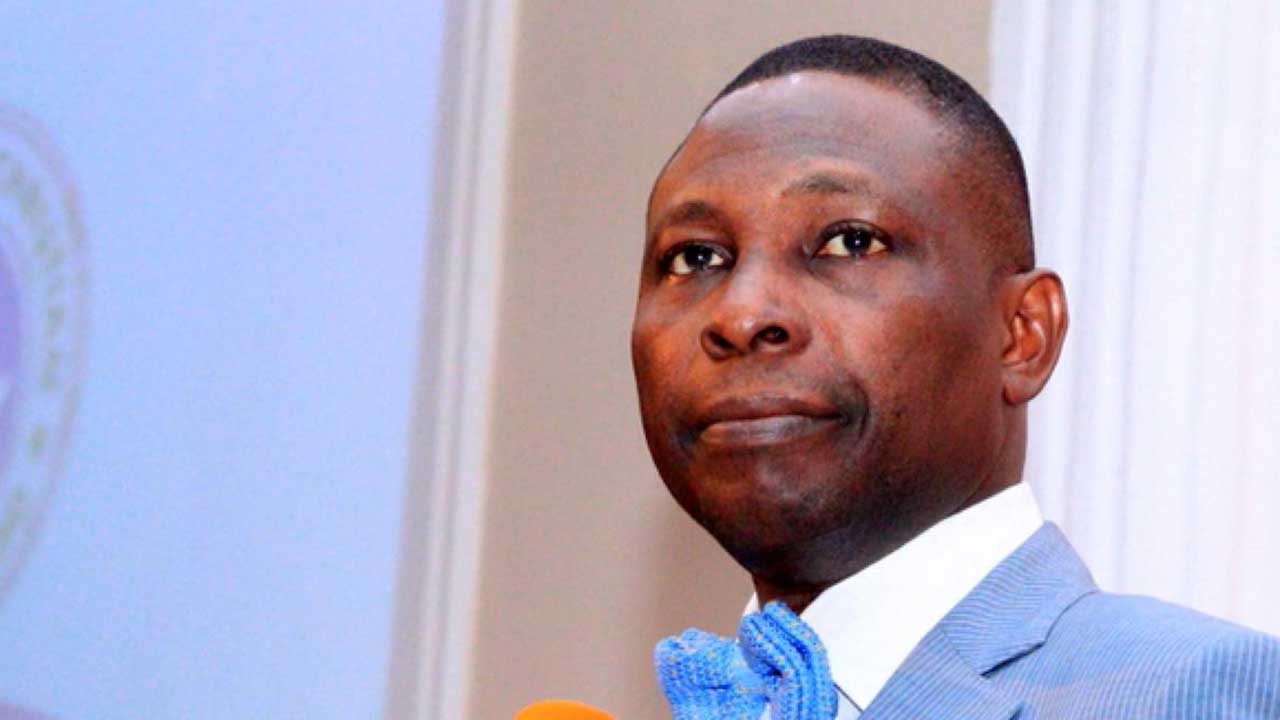The Gates Foundation has called on Nigerian leaders to shift focus from policy announcements to tangible implementation to advance gender equality, women’s health, and inclusive economic growth.
Deputy Director of Programme Advocacy & Communications (PAC) at the Gates Foundation, Ekenem Isichei, made the call in his keynote address at the 2025 Gender and Inclusion Summit, organised by the Policy Innovation Centre (PIC) in Abuja.
The summit, themed “New Voices and New Approaches for Accelerating Inclusive Society,” convened government officials, private sector stakeholders, and civil society leaders to deliberate on gender inclusion and its link to national development.
Isichei stressed that inclusive growth would remain elusive unless women are intentionally prioritized in national and state policies, warning that progress made in women’s health and empowerment risks reversal without stronger institutional delivery and budgetary commitment.
“Our goal is to leverage our knowledge and capital to enable the government to execute on budget commitments for key health innovations, streamline donor coordination, and operationalize national development plans at the state level,” Isichei said.
He raised concerns over dwindling funding for women-focused initiatives, noting that bilateral aid to Nigeria fell by 40 percent, with maternal and child health funding dropping by 67 percent.
“That means that for every three women in your community, two of them will no longer have access to critical health commodities they had last year,” he warned.
Calling for practical measures, Isichei urged governments to invest in skills, institutionalize gender desks, strengthen planning and budget units, and equip local Primary Health Care (PHC) managers and Gender Officers with tools and data to deliver impact.
He also pressed for gender-responsive budgeting with clear expenditure targets for women-led MSMEs, stressing that such allocations must be protected, disbursed, and monitored.
The Gates Foundation recently pledged $2.5 billion through 2030 for research and development in women’s health, urging governments, the private sector, and civil society to co-invest.
Civil society groups were commended for pushing inclusion into national conversations, but Isichei encouraged private sector leaders to see inclusion as “smart economics rather than charity.”
Also speaking, Chairperson of the Nigeria Governors’ Spouses’ Forum (NGSF), Professor Olufolake Abdulrazaq, reaffirmed the Forum’s commitment to dismantling systemic barriers to women’s participation.
She highlighted reforms such as Kwara State’s 35 percent gender inclusion law, six-month maternity leave now adopted in 10 states, and increased female representation in state cabinets and deputy governorship positions.
Similarly, 2nd Deputy Governor of the Central Bank of Ghana, Matilda Sante-Asiedu, emphasized that gender equity is not just a moral responsibility but a strategic necessity for building inclusive, resilient, and prosperous societies. “Changing the narrative of inclusion requires transformational thinking and unconventional approaches,” she said.
Executive Director of PIC, Dr. Osasuyi Dirisu, said the summit aims to bring all gender-related discussions under one platform to foster inclusive participation, adding that its impact has grown over the years and will continue to deepen over the next decade.






